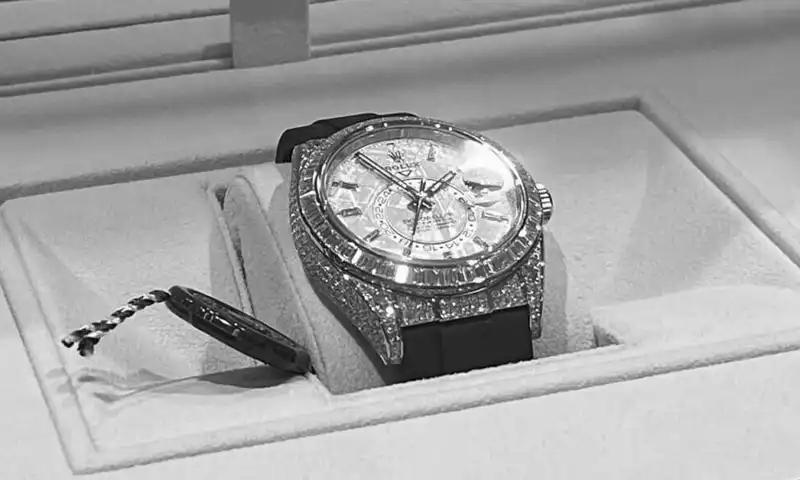- Web Desk
- Feb 24, 2026
PM in 1956 deposited fake gifts in Toshakhana, PAC told
-

- Web Desk Zahid Gishkori
- Mar 20, 2025

ISLAMABAD: The issue of Toshakhana gifts has long been a contentious topic in Pakistan’s political history, leading to the ouster and even imprisonment of prime ministers.
Yousaf Raza Gillani and Imran Khan are two recent examples of premiers who not only lost office but also faced legal consequences. Imran Khan was sentenced to 14 years in prison for retaining a gifts given by the Saudi crown prince based on an undervalued assessment.
However, a new case emerged on Thursday, revealing that the misuse of Toshakhana gifts dates back just a few years after the country’s creation.
The case surfaced during a meeting of the Public Accounts Committee (PAC) when the Cabinet Division presented the Toshakhana audit report for 2023-24.
The report disclosed that a prime minister in 1956 deposited counterfeit gifts in Toshakhana while keeping the original ones.
According to official documents, this revelation was first made in 1973 by then-prime minister Zulfikar Ali Bhutto, who informed his cabinet members about the incident.
It was revealed that the prime minister and his delegation visited China in 1956, where they were presented with valuable gifts by their Chinese hosts. However, upon their return, the delegation allegedly purchased fake gifts and submitted them to Toshakhana instead of handing over the original ones.
The report did not specify which prime minister was involved, as two individuals held the office during 1956: Chaudhry Muhammad Ali and Huseyn Shaheed Suhrawardy.
Separately, the PAC meeting, chaired by Junaid Akbar, also discussed audit objections related to the finance ministry for the fiscal year 2022-23. The committee expressed concerns over the lapse of Rs58 billion in grants for economic affairs, with Chairman Akbar noting that similar issues were widespread across various ministries.
In response, the finance secretary stated that funds were usually surrendered by May 31, to which Akbar suggested that the process be completed earlier.
Committee member Sanaullah Khan Masti Khel criticised the practice of appointing individuals based on political affiliations rather than merit, arguing that those demanding additional funds should be held accountable.
The PAC also questioned why provincial audit objections were not being presented for review and subsequently formed three subcommittees to oversee financial matters.
During the meeting, the finance secretary disclosed that multiple departments, including the National Assembly, Senate, and Ministry of Finance, receive honorariums during the budget preparation process. However, committee member Khawaja Shiraz criticised the practice, likening it to the distribution of gold coins during the Mughal era.
The PAC directed that transparency be ensured in awarding honorariums to government employees.
Punjab approves Rs57b for development projects, laptop scheme




